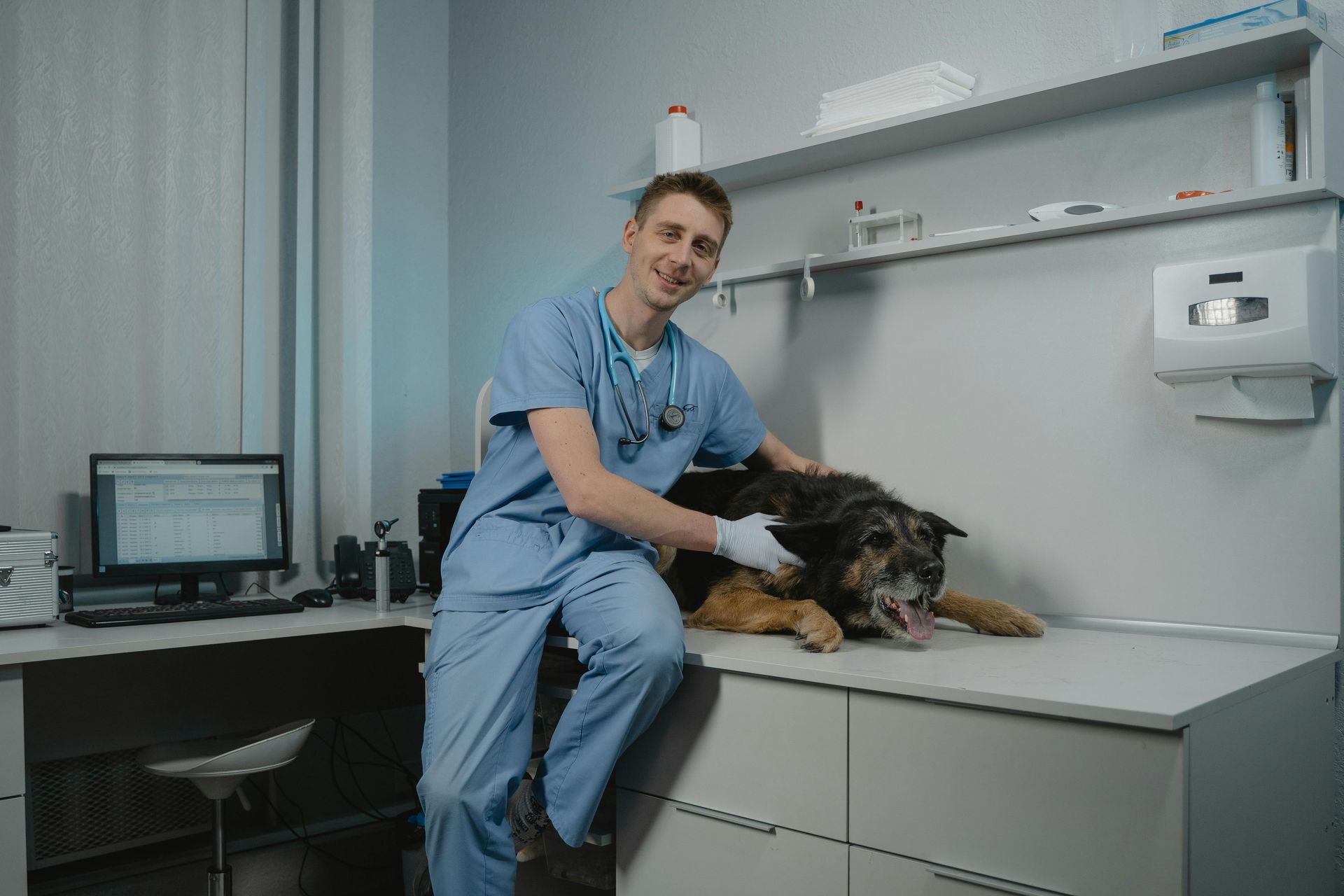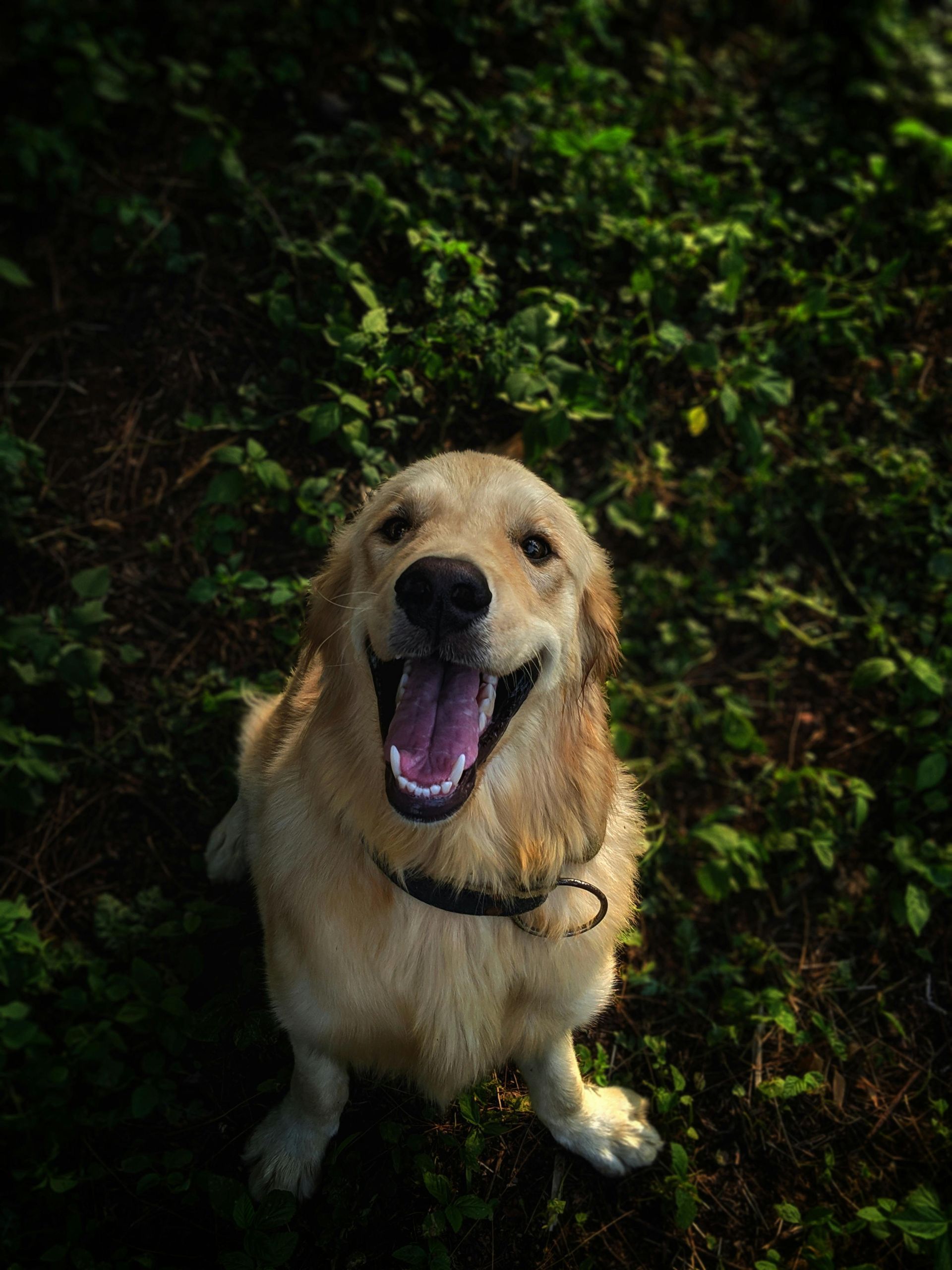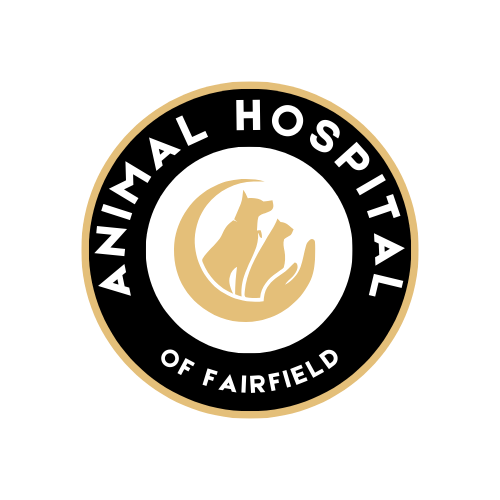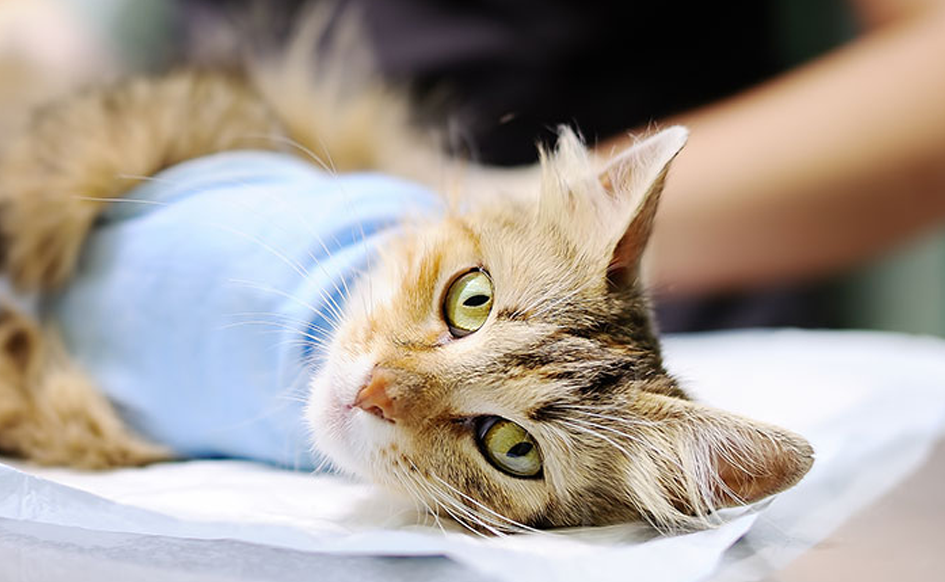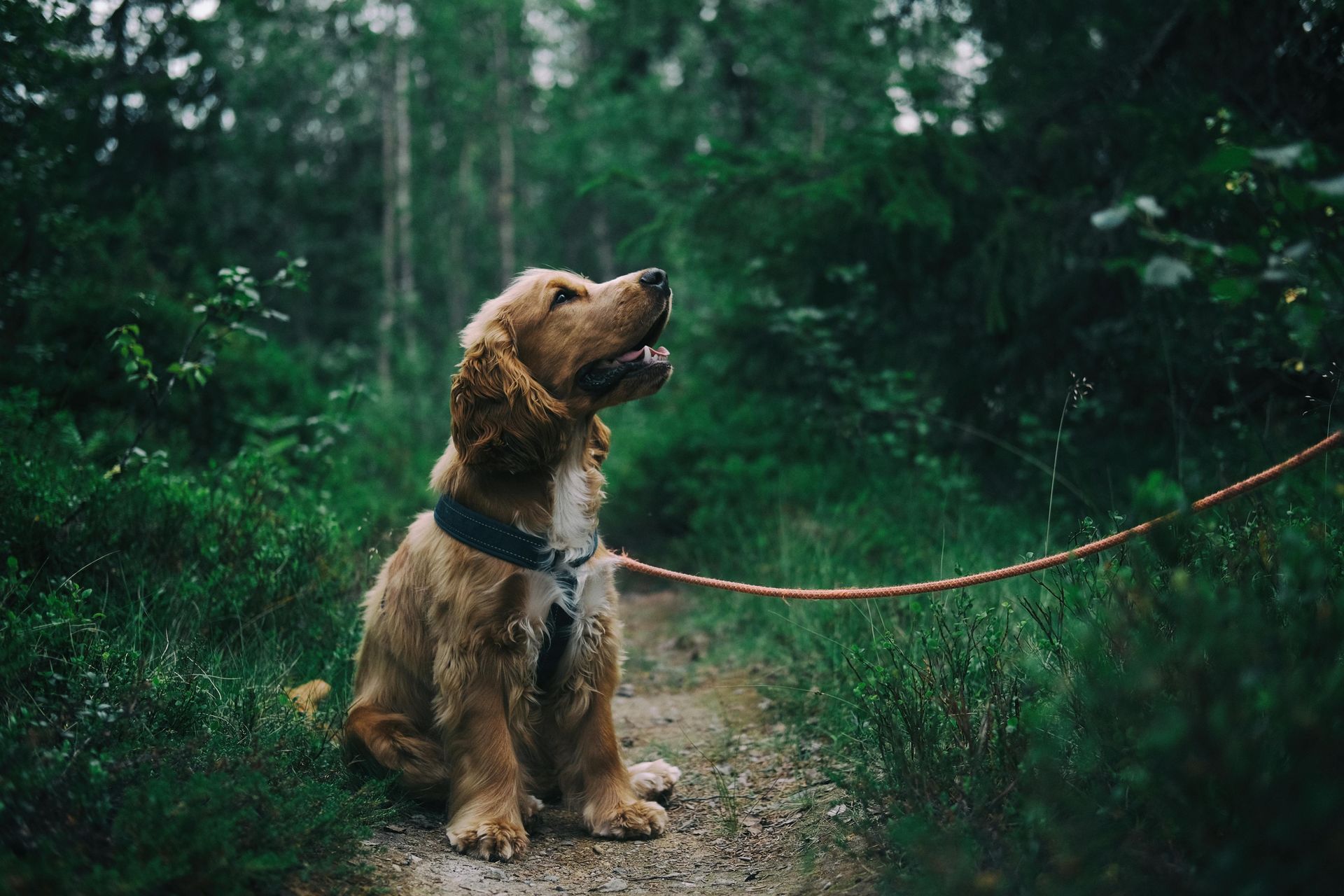What Should I Expect After My Dog is Neutered?
here is a simple guide on what you need to know
Neutering your dog is a responsible step that contributes to their well-being and helps control the pet population. You might be wondering what to expect after this procedure to ensure your furry friend's recovery is smooth and stress-free. In this FAQ, we'll walk you through the essentials, offering a clear understanding of the post-operative care your dog will need.
Why Neutering is Important
Neutering not only prevents unwanted litters but also reduces health risks and behavioral issues in dogs. It's an investment in your pet's long-term health and happiness. By choosing to neuter your dog, you are contributing to controlling the pet population, which is a pivotal reason behind many neutering campaigns.
Did you know that neutering your dog can lead to a reduction in certain aggressive behaviors? Common problems like roaming are significantly reduced after the procedure. This means safer walks and playtime in parks! Neutered dogs are less likely to develop prostate issues and different types of cancer related to reproductive organs, ensuring a healthier and longer life.
Immediate Post-Surgery Care
Learn about the first few hours post-surgery, including how to monitor your dog as they wake from anesthesia and the importance of a quiet, comfortable space for recovery. Providing warmth and minimizing movement are key steps during this sensitive phase.
Your dog might seem a bit groggy from the anesthesia, which is perfectly normal. Allow them time to rest in a quiet and comfortable area away from noise and activity. Your presence will be comforting, so stay close by and keep an eye on any changes in behavior.
Ensure the incision site is clean and dry, and monitor it for any signs of infection. Swelling, redness, or discharge can indicate a problem, so it's crucial to stay attentive. If you notice any of these signs, reach out to your vet immediately for advice.
Diet and Hydration
Your dog's eating and drinking habits might change temporarily. We'll guide you on what to expect and how to encourage a healthy diet during recovery. Post-surgery, your dog might lack appetite, which is normal, but ensure they have access to fresh water at all times.
After their surgery, offer a small, bland meal to see if your dog regains interest in food. This is not the time to introduce new foods, as sticking to what their tummy is used to will help avoid any digestive upset. If they aren't eating by the next day, contact your veterinarian for advice.
Activity and Exercise Restrictions
Keeping your dog calm and restricting their activity is crucial after surgery. Understand how to balance rest and gentle exercise until your vet gives the all-clear. During the first few days following surgery, avoid letting your pet run, jump, or engage in rough play, which can stress the incision.
Consider short, supervised potty breaks on a leash for some mild exercise and a change of scenery. This keeps their spirits up while ensuring their recovery is seamless. Discuss with your vet when it's safe to return to normal activities, typically around two weeks post-operation.
Signs of Complications
Know the warning signs that indicate potential complications that require immediate veterinary attention, promoting a proactive approach to your pet's health. If your dog seems excessively lethargic, shows signs of pain, or displays any unusual behaviors, these could be red flags signaling complications.
Monitor any behavioral changes closely. Excessive licking of the surgical site can lead to infection, so consider using a protective collar if needed. If your pet seems to be in distress, whether due to pain or other reasons, contact our vet hospital for further guidance.
Follow-Up Veterinary Visits
Regular follow-up appointments help ensure a healthy recovery. We'll cover what typical follow-up procedures might involve and how they benefit your dog's health. These visits may include checking the surgical site, removal of stitches if needed, and evaluating the overall progress of healing.
Staying on top of follow-up visits is crucial to confirm that recovery proceeds as expected and to catch any side effects early. Our experienced veterinarians will not only check their physical health but may also evaluate any changes in behavior or temperament post-surgery. For comprehensive care, you can always learn more about our services.
Helping Your Dog Recover Comfortably
Understanding what to expect after your dog is neutered allows you to provide the best post-operative care, ensuring a quick and smooth recovery. With the right attention and follow-up, your dog will be back to their playful and loving self in no time. To learn more about ensuring your pet's health with wellness exams and vaccinations, visit Primary Care for Pets and explore the comprehensive services offered at Lincoln Avenue Cat & Dog Hospital.
